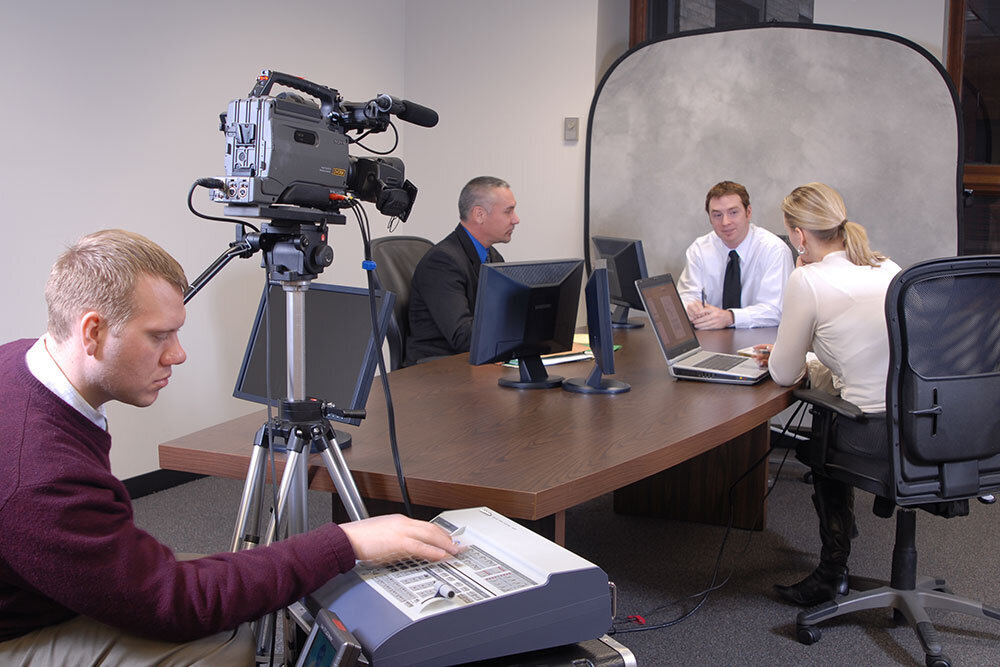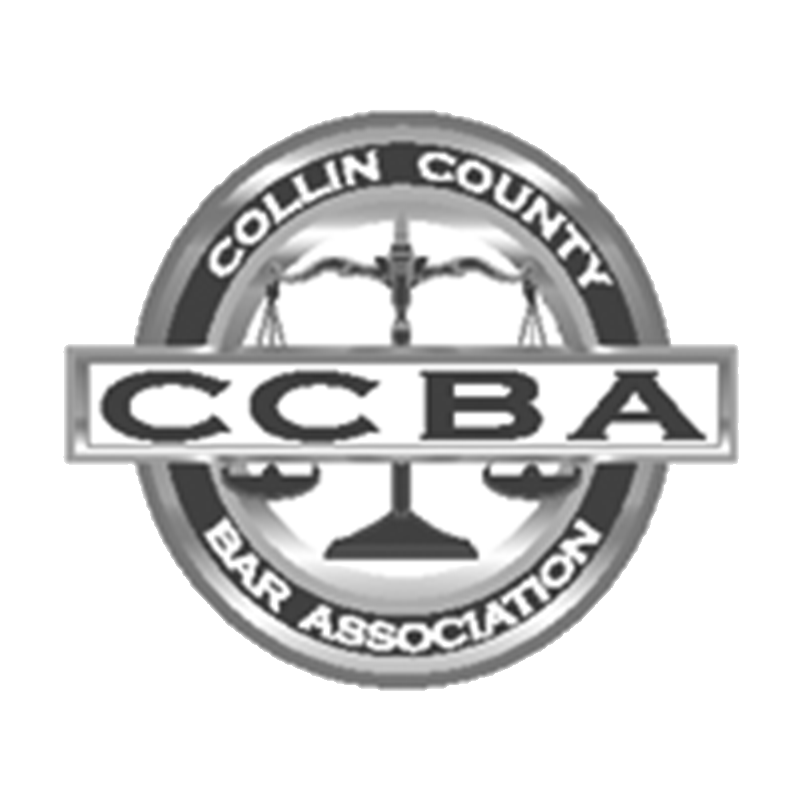If you are involved in a family case case, you might find yourself in a situation where the opposing side wants to take your deposition. You might not have ever heard the word “deposition” before. What is a deposition? How does it work? The unknowns can cause anxiety and make life stressful. This article is meant to help you understand all about depositions, including some valuable tips to ensure your deposition will go smoothly.
What is a Deposition?
A deposition is essentially an interview of a witness, under oath, that takes place before a trial. It’s a way for lawyers in a lawsuit (typically civil cases) to gather information and testimony from witnesses. Think of a deposition as a version of a question‐and‐answer session between the attorneys and a witness, that is done outside of the courtroom. The witness that is being interviewed (known as the deponent) will be asked questions and will have to give responses under oath (swearing that the answers are true and correct).
A deposition is typically held in a lawyer’s office with lawyers for each side present, a court reporter, and the parties to the lawsuit. The court reporter will transcribe everything that is said during the deposition. Often times, there will also be a videographer in the room that records the deponent as well as the questions asked of the deponent and his or her responses.
The deposition process can seem informal because it’s at an attorney’s office (not in the courtroom) and there is no judge present. However, the transcript of the deposition can later be used in court at a hearing or trial. Therefore, it is important to understand that everything you say in a deposition can be brought up later in court, and potentially used against you.
Depositions can be nerve-wracking, but with the right preparation, you can navigate them confidently. This essential guide will equip you with the knowledge and strategies to ensure a smooth deposition experience.
What Are Depositions Used For?
These are some common reasons why attorneys use depositions:
- To discover what you know about the case. The opposing attorney is searching for evidence.
- To find evidence favorable to the opposing party. The opposing attorney may attempt to get you to make statements against your interest.
- To lock-in your statements under oath. You will be asked questions during the deposition, and many of those same questions could be asked to you again during trial. If you attempt to change your testimony later at trial, the opposing attorney can read that portion of your deposition transcript to the judge (and/or jury) in an attempt to discredit you.
Preparation is Key:
- Review, Review, Review: Work with your attorney to thoroughly review relevant documents, witness statements, and key dates. This will jog your memory and ensure consistency in your responses. Talk with your attorney about important topics that are expected to be addressed during the deposition, so that you know how to navigate the questions that you will be asked.
- Practice Makes Perfect: Conduct mock depositions with your lawyer. This will help you anticipate potential questions and refine your answers for clarity and conciseness.
- Know Your Rights: While you are obligated to tell the truth, you don’t have to volunteer information or answer unclear questions. Understand when it’s appropriate to say “I don’t know” or “I need clarification.”
Be a Master of Communication:
- Listen Carefully: Don’t jump the gun. Take a moment to fully understand the question before answering.
- Wait to Respond: While it’s common in daily conversation to talk over one another, during a deposition, that cannot happen. If people talk over each other, the court reporter will not be able to take down an accurate transcript of what was said. Also, your attorney might want to object to a question that was asked. If you answer before your attorney can object, then the objection will be waived.
- Answer Concisely: Use clear and concise language, do not ramble when giving responses!
- Only Answer the Question Asked: It’s crucial to only answer the specific question asked. Do NOT give additional information. By way of a simple example, if the question asked was, “Do you know what time it is?” The response should be “yes” or “no”. However, many people will go a step further and say something along the lines of, “Yes, it’s 9:30 a.m.” Well, that answer provided additional information that was not actually responsive to the question. If the attorney wants to know what time it is, make him or her follow up with another question that specifically asks what time it is.
- Don’t Guess: If you’re unsure, say so. It’s better to be honest than to provide inaccurate information. No one will be able to remember every detail of their life, it’s okay to say “I don’t recall” as long as that is genuine.
- Maintain Composure: Demeanor matters. Remain calm, professional, and respectful throughout the deposition. If the attorney is trying to provoke a response, don’t give him/her what they want. Remember, everything you say is being recorded, and you might also be video recorded during the deposition. The transcript and video of your responses can be played in court. Therefore, you want the judge (and/or jury) to see you in the best light possible.
Remember:
- Dress for Success: First impressions count. Dress professionally, as if you were attending a business meeting.
- Bring Only Approved Items: Only bring documents and materials your attorney has cleared beforehand.
- It’s Not a Conversation: Don’t engage in debates or side conversations with the opposing attorney. Let your lawyer handle those.
Taking Care of Yourself:
- Get a Good Night’s Sleep: A well-rested mind is a sharp mind. Ensure you’re well-rested for the deposition.
- Stay Hydrated: Bring water to the deposition. Staying hydrated will help you stay focused and avoid fatigue.
- Feed Yourself: Some depositions can last for several hours. You will get breaks at times, so you can bring food to eat on a break. While you might feel too nervous to eat, it’s important that you at least have some snacks to ensure your brain is firing on all cylinders.
Depositions are a crucial part of the legal process. By following these tips and working closely with your attorney, you can ensure a successful deposition that strengthens your case.
Disclaimer: This blog is for informational purposes only and should not be considered legal advice. For specific questions and guidance, consult with your lawyer.

















